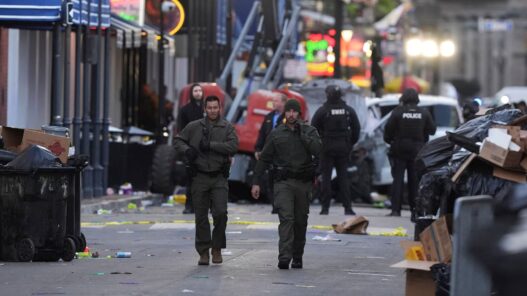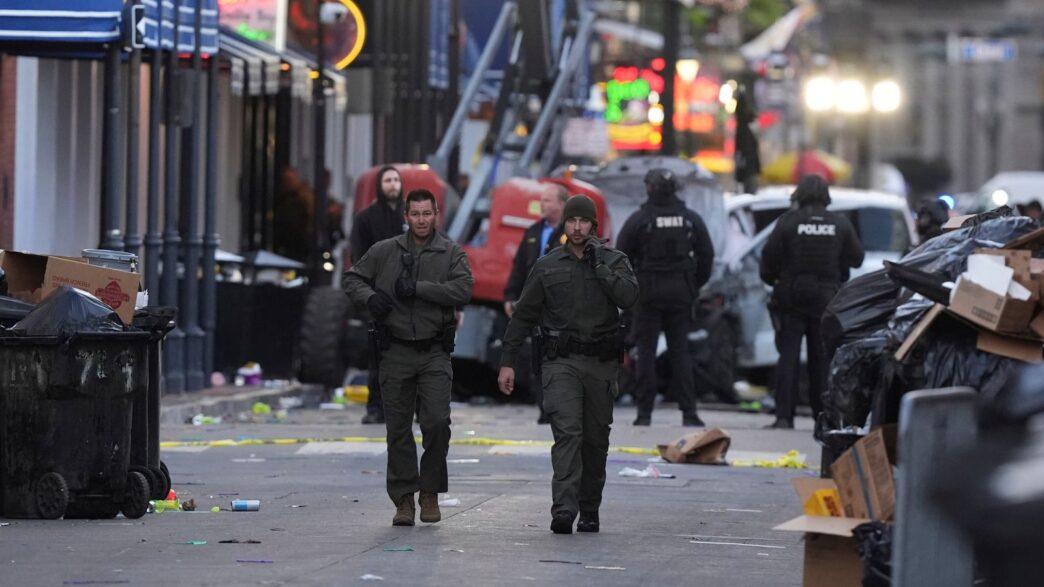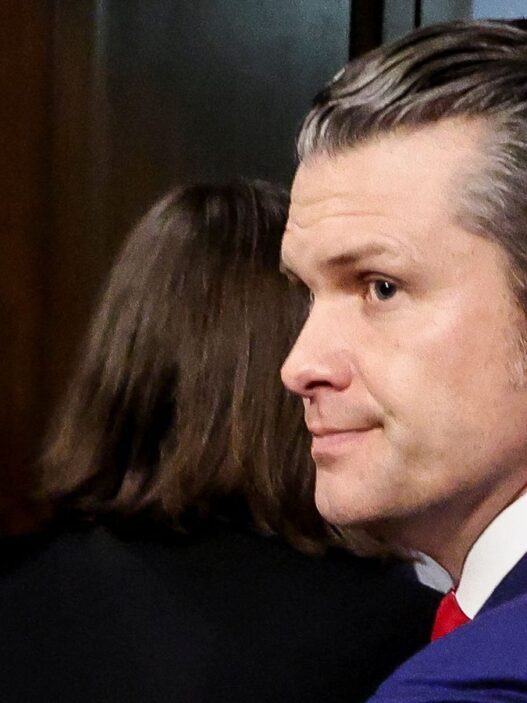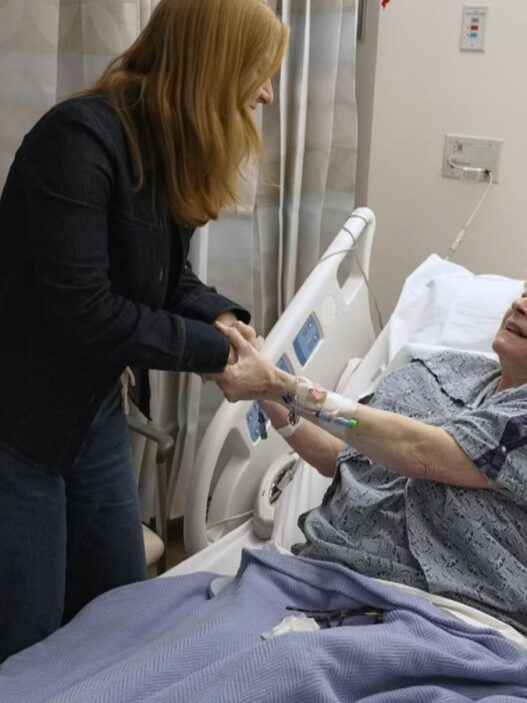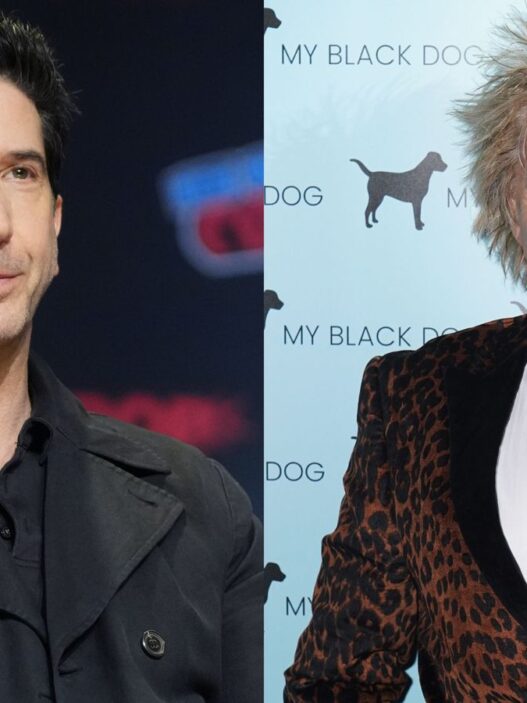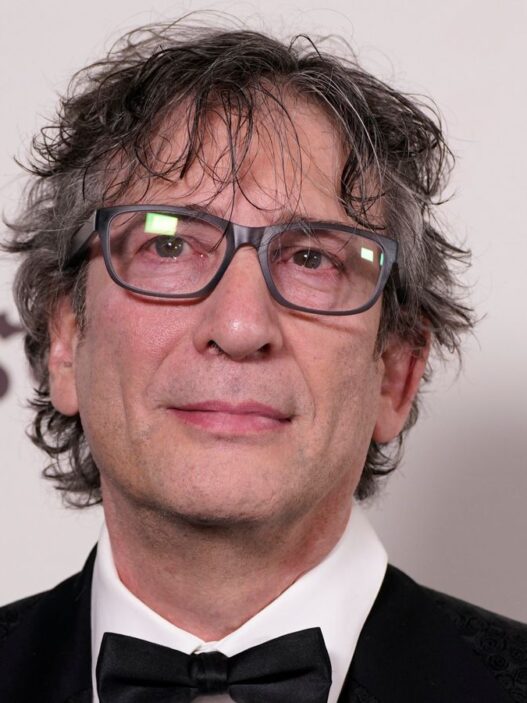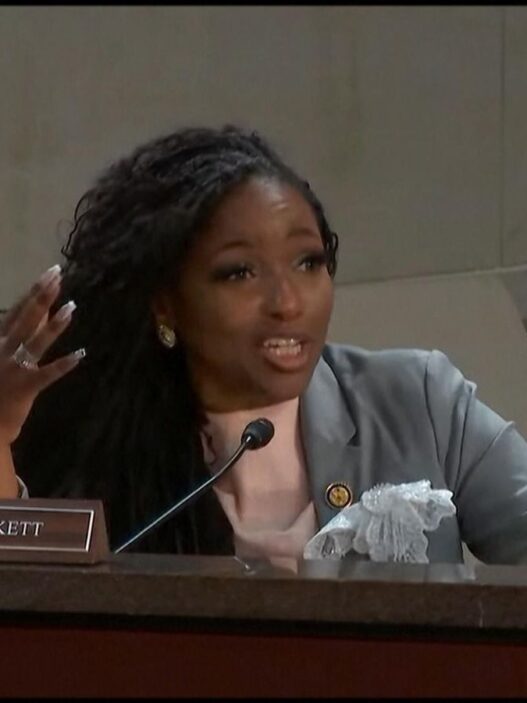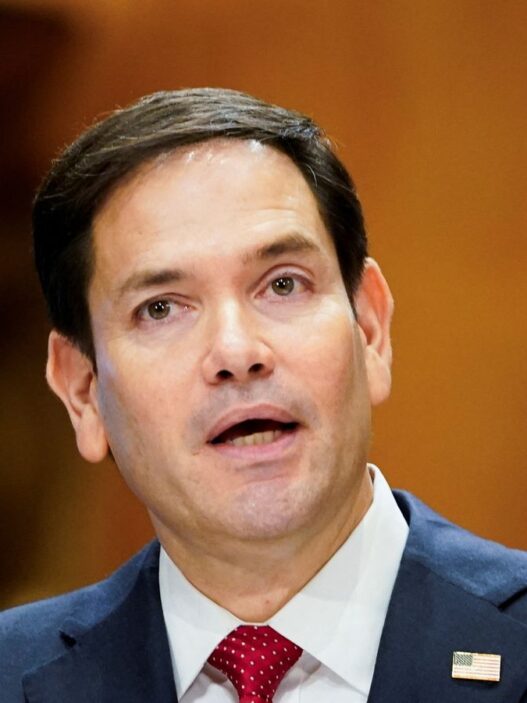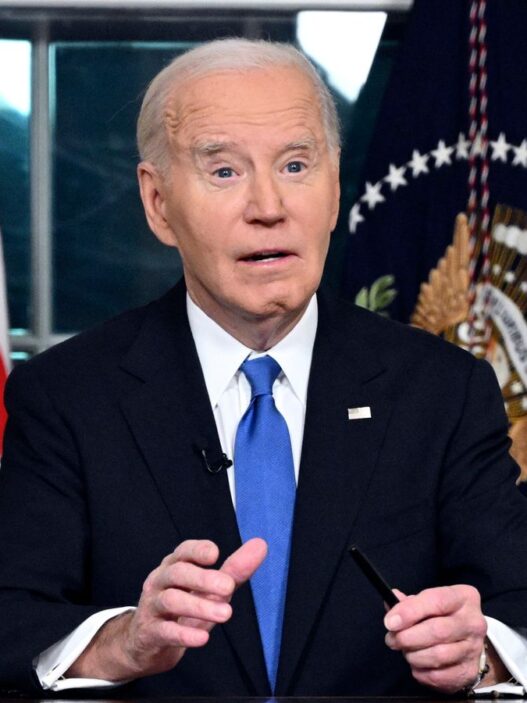The US army veteran who killed 14 people in a terror attack in New Orleans had looked up how to access a balcony on the city’s famed Bourbon Street, the FBI said.
Shamsud-Din Jabbar drove a rented white pick-up truck into a crowd celebrating the new year in the early hours of 1 January before he was killed in a shootout with police at the scene.
The FBI has previously said the 42-year-old, who ploughed into crowds on Bourbon Street in the city’s French Quarter, was “100% inspired” by the Islamic State (ISIS) group.
Two weeks later the agency is continuing to uncover new information detailing the extensive planning Jabbar carried out before the attack – with the US citizen having scouted out the area multiple times in the months leading up to the attack.
The FBI said on Tuesday that Jabbar had searched online for information about an attack at a Christmas market in Germany just hours before he drove into crowds in New Orleans.
A vehicle had also been used as a weapon in the attack in Magdeburg which left at least five people dead and more than 200 injured.
Police arrested a 50-year-old doctor from Saudi Arabia who has renounced Islam and supports Germany’s far-right AfD party.
In other online searches, Jabbar had looked up how to access a balcony on Bourbon Street, information about Mardi Gras celebrations, and several recent shootings in the city, the FBI said.
Jabbar also made a one-day visit to New Orleans from Houston on 10 November, during which he looked for an apartment, the FBI said.
While Jabbar applied to rent the apartment, he later told the landlord that he changed his mind.
The FBI had previously reported that Jabbar had travelled to the city for a planning trip on 31 October, when he used glasses from Meta, the parent company of Facebook, to record video as he rode through the French Quarter on a bicycle.
In a series of online videos, posted hours before he carried out the attack, Jabbar proclaimed support for the Islamic State.
Read more:
‘Wonderful’ British man, 31, killed in New Orleans attack
New Orleans police chief challenged by Sky correspondent
On Tuesday, the FBI continued to lay out a timeline of Jabbar’s radicalisation, saying that he began isolating himself from society and became a more devout Muslim in 2022.
By the spring of 2024, he began following extremist views.
While investigations into the attack are ongoing and additional information continues to trickle out about Jabbar’s planning of the deadly rampage, city officials face questions about safety concerns.
State and local authorities have launched probes into possible security deficiencies that may have left New Orleans vulnerable.
The work is especially urgent since carnival season, a months-long celebration that attracts tens of thousands of visitors to the French Quarter, began last week.
The city is also set to host the Super Bowl next month.

